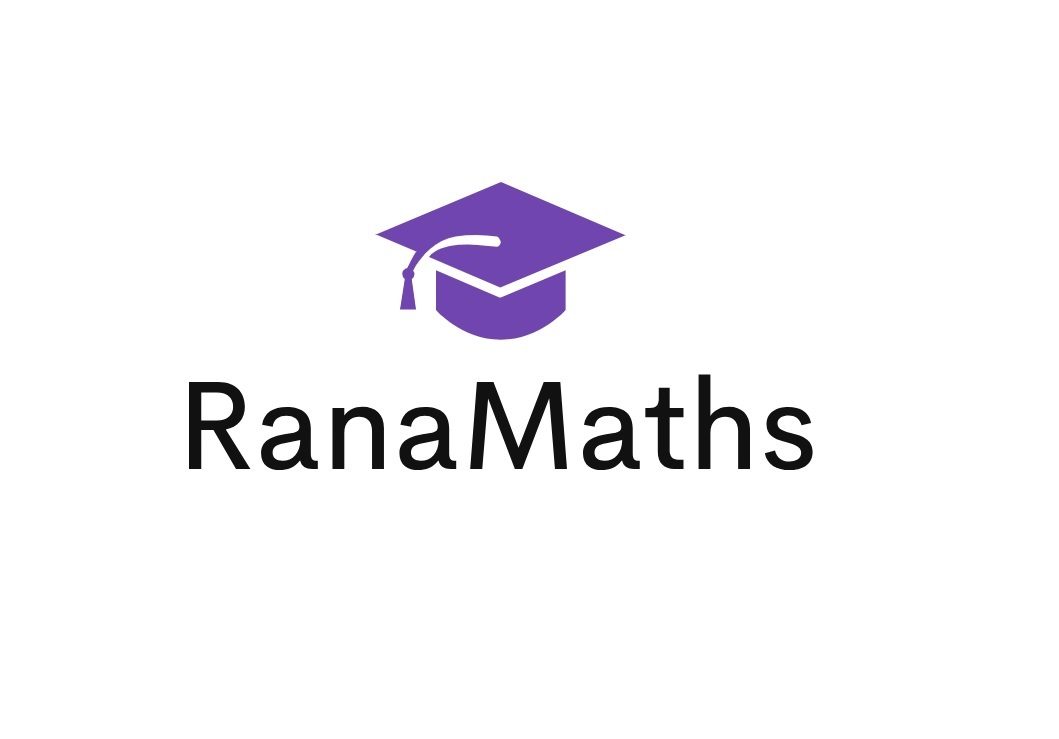Numerical Analysis Notes for BS/MSc written by Muhammad Usman Hamid. He is a brilliant teacher from Sargodha.
Numerical analysis is a branch of mathematics that focuses on developing algorithms and methods for solving mathematical problems numerically, typically on a computer. This field is crucial for various applications, including scientific computing, engineering, finance, and many others.
Introduction to Numerical Analysis:
- Overview of numerical methods and their importance in solving mathematical problems.
- Sources of error in numerical computation and methods to control and analyze errors.
Root Finding:
- Bisection method.
- Newton-Raphson method.
- Secant method.
- Convergence and convergence rates.
- Interpolation and Approximation:
- Lagrange interpolation.
- Newton interpolation.
- Polynomial and spline interpolation.
- Least squares approximation.
- Numerical Differentiation and Integration:
- Finite difference approximations.
- Trapezoidal rule.
- Simpson’s rule.
- Gaussian quadrature.
- Numerical Solutions of Ordinary Differential Equations (ODEs):
- Euler’s method.
- Runge-Kutta methods.
- Multistep methods (e.g., Adams-Bashforth, Adams-Moulton).
- Stability and stiffness in ODEs.
- Numerical Solutions of Partial Differential Equations (PDEs):
- Finite difference methods.
- Finite element methods.
- Boundary value problems and initial value problems.
- Applications to heat equation, wave equation, and Laplace equation.
- Linear Algebraic Equations:
- Direct methods (e.g., Gaussian elimination, LU decomposition).
- Iterative methods (e.g., Jacobi, Gauss-Seidel).
- Conjugate gradient method.
- Eigenvalue Problems:
- Power iteration method.
- QR algorithm.
- Singular value decomposition.
- Numerical Linear Algebra:
- Matrix factorizations (e.g., Cholesky, QR).
- Condition number of a matrix.
- Stability and accuracy in solving linear systems.
- Optimization:
- Unconstrained optimization methods (e.g., gradient descent, Newton’s method).
- Constrained optimization and Lagrange multipliers.
- Linear programming.
- Error Analysis:
- Absolute and relative errors.
- Floating-point arithmetic.
- Conditioning and stability of algorithms.
- Introduction to MATLAB, Python, or other Numerical Computing Software:
- Practical implementation and application of numerical methods using a programming language.
These topics provide a comprehensive foundation in numerical analysis, and students typically gain both theoretical understanding and practical programming skills throughout their coursework. The specific topics covered may vary between institutions and courses.
Keep visiting our website www.RanaMaths.com
Numerical Analysis Notes for BS/MSc
